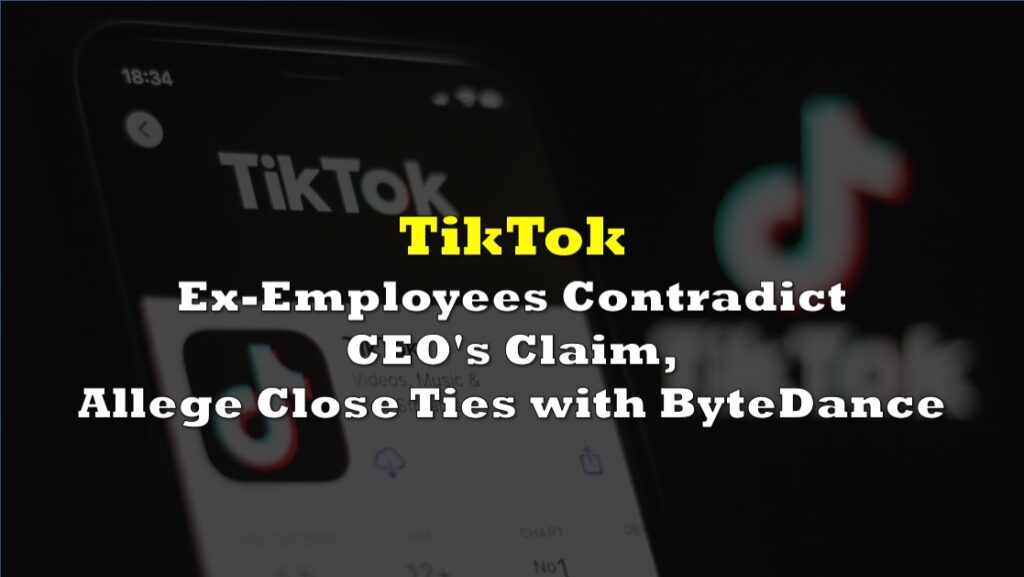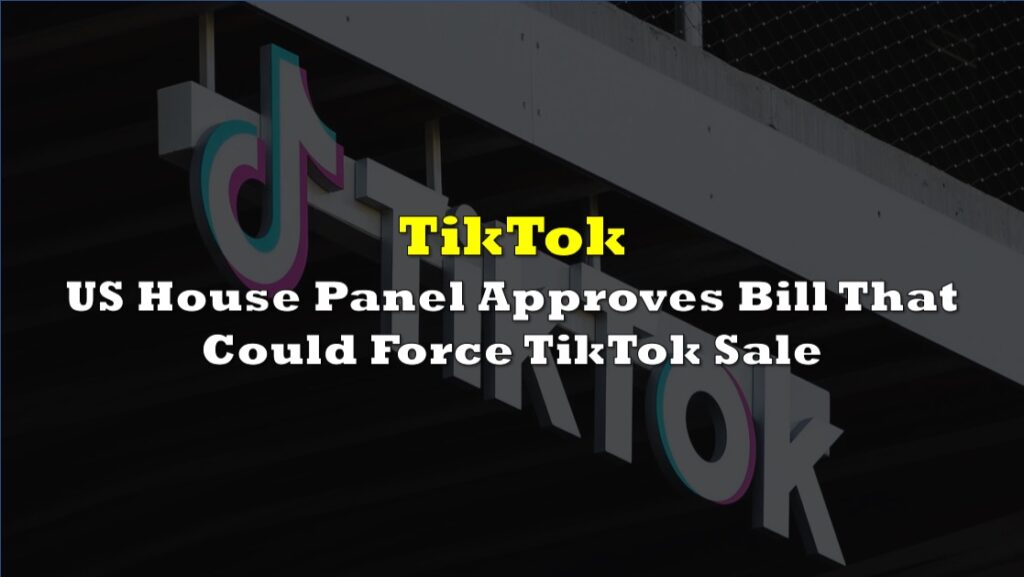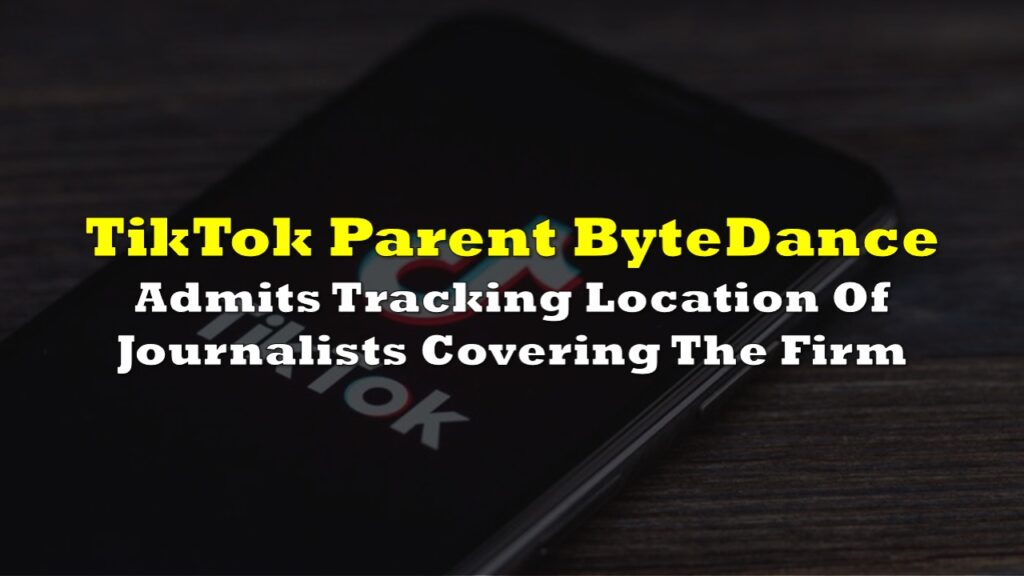The U.S. Supreme Court is reportedly set to uphold a law mandating the sale or shutdown of TikTok’s U.S. operations by January 19, 2025. This decision escalates tensions between Washington and Beijing, raising critical questions about national security, free speech, and the future of digital platforms.
ByteDance, the Beijing-based parent company of TikTok, has stated it would rather shut down U.S. operations than sell under duress.
The U.S. government has argued that TikTok’s ties to China through its parent company ByteDance pose a significant national security risk. Officials claim that the platform’s vast troves of user data could be accessed by the Chinese government, citing concerns over surveillance and influence operations. ByteDance denies these allegations, asserting that U.S. user data is stored on domestic servers under stringent safeguards.
Despite ByteDance’s assurances, the Supreme Court appears ready to uphold the ban. During arguments on January 10, several justices indicated that they prioritize national security concerns over free speech claims raised by TikTok’s legal team.
ByteDance lawyers argued that the ban infringes on First Amendment rights, but Chief Justice John Roberts noted, “The constitutional protections of free speech do not extend to potential threats to the nation’s security.”
ByteDance has invested heavily in a legal battle to challenge the legislation. However, sources within the company suggest that contingency plans are being discussed in Beijing, including the possibility of selling TikTok’s U.S. operations. The Chinese government’s involvement complicates these deliberations, as it holds a “golden share” in ByteDance that grants significant influence over its strategic decisions.
The Chinese government’s export controls, which include restrictions on the sale of software algorithms like TikTok’s recommendation engine, add another layer of complexity. Selling TikTok’s U.S. operations without this critical technology may render the platform less competitive, a move Beijing strongly opposes.
Good. Banning TikTok is the first step on the long road to burning PRC influence operations in the US to the ground. An important step, but there is much still to do. https://t.co/Jd4Rc9yoqO
— Patrick Fox (@RealCynicalFox) January 13, 2025
In Musk We Trust
One development is the potential involvement of Elon Musk, owner of X, formerly known as Twitter. According to sources familiar with the matter, Chinese officials have discussed a scenario where Musk acquires TikTok’s U.S. operations. This move could align Musk’s business empire, including X and his artificial intelligence company xAI, with TikTok’s vast user base of over 170 million Americans.
The move may also be favorable for the incoming Trump administration who favors lifting the ban on the app, most especially with Musk being part of the presidential cabinet as co-head of the Department of Government Efficiency.
Musk has publicly expressed opposition to banning TikTok, posting in April, “In my opinion, TikTok should not be banned in the USA, even though such a ban may benefit the X platform. Doing so would be contrary to freedom of speech and expression.”
The feasibility of such a deal remains unclear. Analysts estimate TikTok’s U.S. operations could be valued between $40 billion and $50 billion. For Musk, who paid $44 billion for Twitter in 2022, financing another acquisition of this scale could pose significant challenges.
U.S. President-elect Donald Trump, who will take office on January 20, has signaled a willingness to delay the ban to explore a resolution. Trump has characterized the issue as an opportunity for reconciliation with China, despite appointing hardliners like Marco Rubio as Secretary of State.
“I want to save TikTok,” Trump stated last week, suggesting a softer stance than his initial rhetoric.
However, the clock is ticking. If no deal is reached by January 19, TikTok will be removed from app stores across the U.S., marking a significant blow to the platform’s influence.
If TikTok is banned or sold, the fallout could have profound implications for the global tech landscape. For the U.S., the decision underscores its stance against Chinese influence in critical digital infrastructures. For China, losing TikTok would signify a retreat in its ambition to shape global cultural and technological norms.
The case also sets a precedent for how governments address the intersection of national security and digital commerce. With platforms like X and Meta Platforms already competing for TikTok’s user base, the U.S. social media landscape may undergo a seismic shift.
Information for this story was found via Bloomberg and the sources and companies mentioned. The author has no securities or affiliations related to the organizations discussed. Not a recommendation to buy or sell. Always do additional research and consult a professional before purchasing a security. The author holds no licenses.









